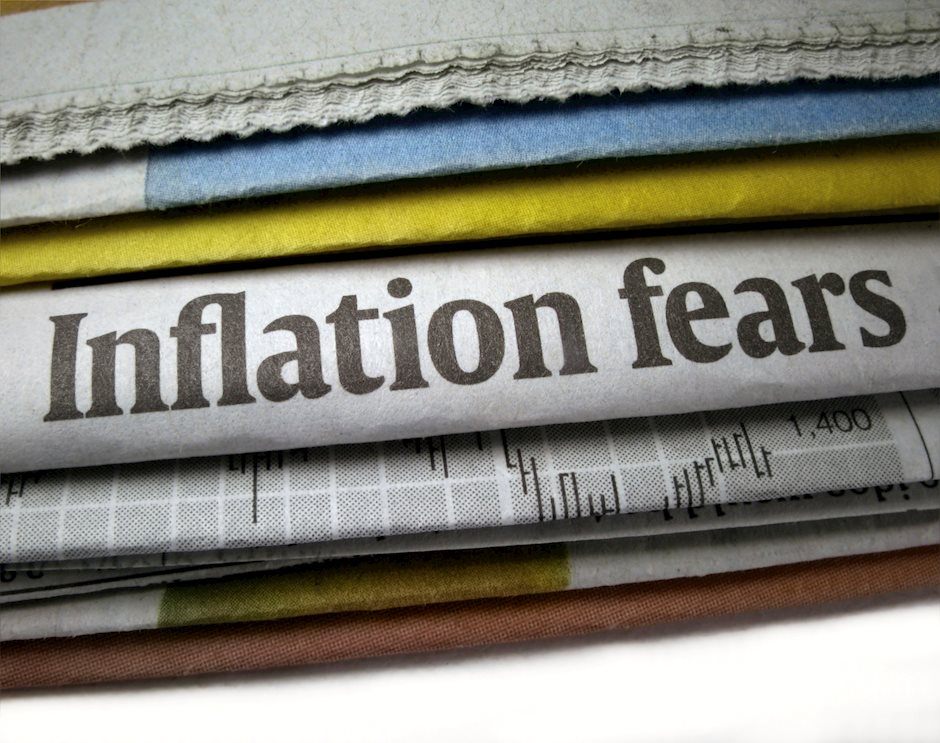With high inflation, why isn't gold rising?

The sales pitch for gold is that it's a hedge against inflation, because it doesn't lose its value. It is a real commodity, unlike fiat currency. Yet, as inflation has skyrocketed around the globe this year, the price of gold has not. In fact, after peaking out in March, it has since trended lower. What gives?
Prices are relative
One of the things to keep in mind, first, is that gold is priced in dollars. So, sure, there has been inflation in many other currencies (with the notable exception of the yen, which is a whole different story). But the dollar has gotten relatively stronger, despite inflation. Partially, because inflation in other currencies has been even bigger.
Take the EURUSD, for example, which popped down to the 0.9900 handle, the lowest in over 20 years. Since the start of this year, the Euro has depreciated over 13% against the dollar, well above the 8.9% annual inflation that was last recorded. In fact, the annual depreciation of the Euro has been almost 17%. That's almost 8% of net benefit for anyone who kept dollars over the last year, despite the highest inflation in the shared currency.
Why does this matter?
It means that Europeans (and Chinese, Indians, Turks, etc) don't need to buy gold to hedge against inflation in their own economies. Holding dollars was a much better investment than keeping money in the bank. So, what's happening to the price of gold really depends on what's going on with the dollar.
But the dollar is worth 8.5% less than it was one year ago. Wouldn't buying gold be an even better option? If we were looking in the past, sure. But when investors decide what to invest in, they are looking to the future. What's the best asset to have in their portfolio going forward, while the inflation readings that we have are for the last year.
It's all about expectations
One of the reasons that the price of gold rolled around in March is because of increased geopolitical tensions. But the other that has been more long lasting is that's when the Fed started hiking rates. Sure, it was expected that inflation would rise for a while, as it takes some time for monetary policy to take effect.
But, eventually, the Fed is going to get inflation under control. Meaning that inflation is expected to go down. More to the point, interest rates are expected to keep rising. People who invest in dollar-denominated fixed income (treasuries, bonds, other securities) would see increasing yields. What that means is that even though inflation is high, in fact, because it's high, there is an expectation of increasing returns for those who hold dollars. Meanwhile, gold doesn't pay dividends or interest.
What about the hedge, then?
In other words, as inflation rises, the more likely the Fed will be to raise rates and drive down that inflation. That makes the dollar get stronger, so in comparison the price of gold goes down.
Gold is a hedge against inflation before it rises. But once there is high inflation, the picture turns around. Assuming the Fed does manage to control inflation. Basically, once inflation is high, it's too late to "hedge" against inflation that already happened.
Author

Jing Ren
Orbex
Jing-Ren has extensive experience in currency and commodities trading. He began his career in metal sales and trading at Societe Generale in London.

















